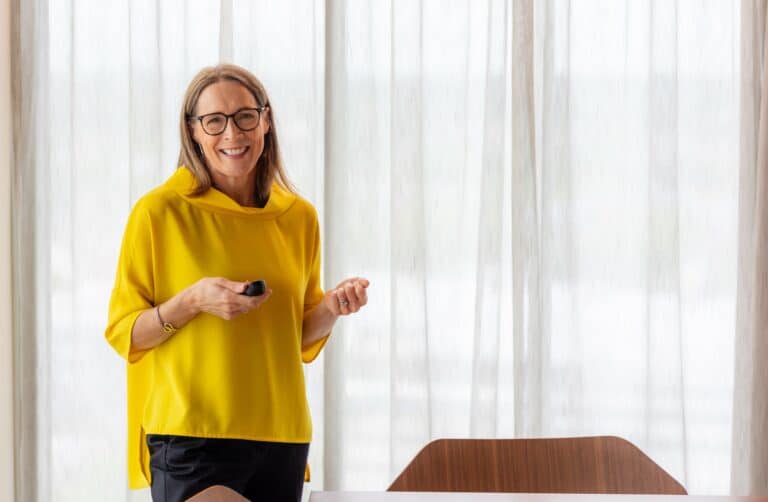
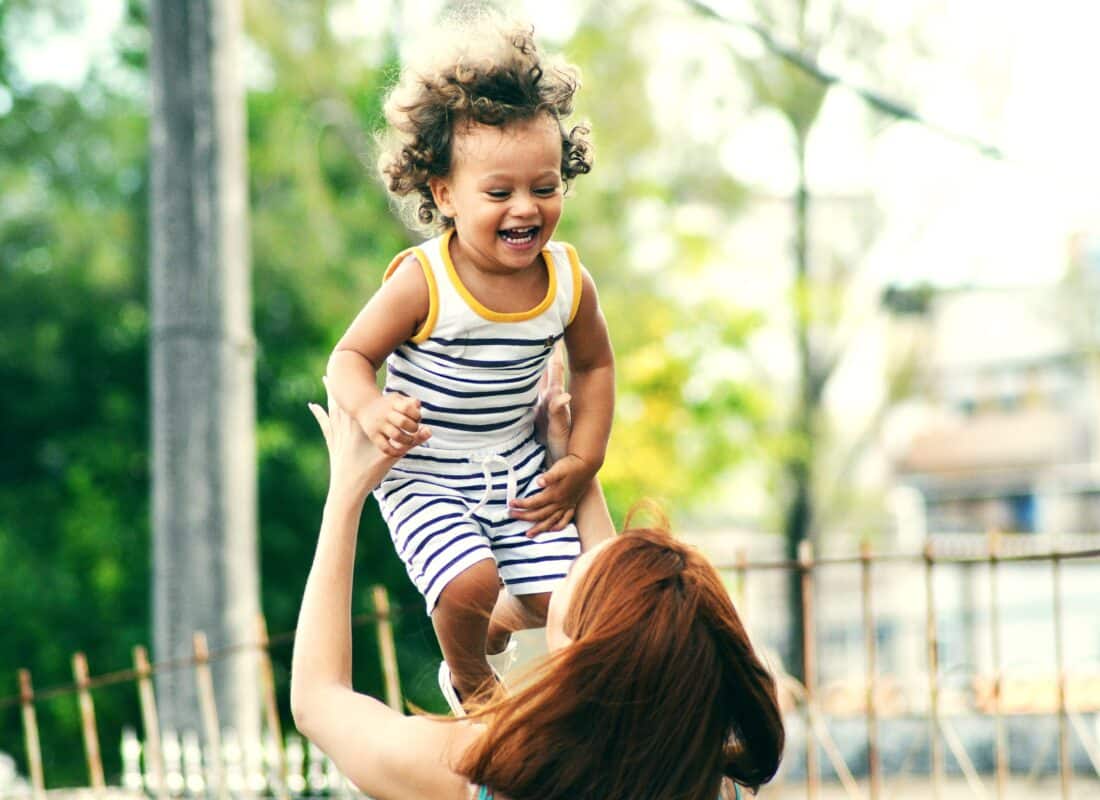
NEW Winning in Both Worlds: How to be a happy working parent
What actions can you take to be a happy working parent and feel like you are winning both at work and at parenting? Practical tips on what children need most from us and how we can set realistic goals and manage our our mindset in order to bring the best of ourselves to both work and family.
[0-16 years]

NEW How to be a calm parent
No parents want to shout at their kids but when we have already asked them ten times to do something – and been ignored – it can be hard not to! This session aims to help working parents understand why children provoke our big emotions and provide practical strategies for staying calm as a parent.
[1-10 years]

NEW How to be a calm and supportive parent to a teenager
The teenage years involve a major shift in parents’ relationships with their children. Striving for independence, teens can withdraw from family activities, become secretive or reject their parents’ opinions. But teenagers are very vulnerable and maintaining good communication in these years is vital. Actionable tips on how to stay connected and be the parent your teenager needs.
[10-18 years]

NEW Teens & Their Screens
Lots of parents worry about the amount of time teenagers spend on digital devices. This session summarizes what we know from research about the impacts of screens on teenagers, what parents need to watch out for and practical strategies for countering screens and encouraging some balance.
[11-18 years]
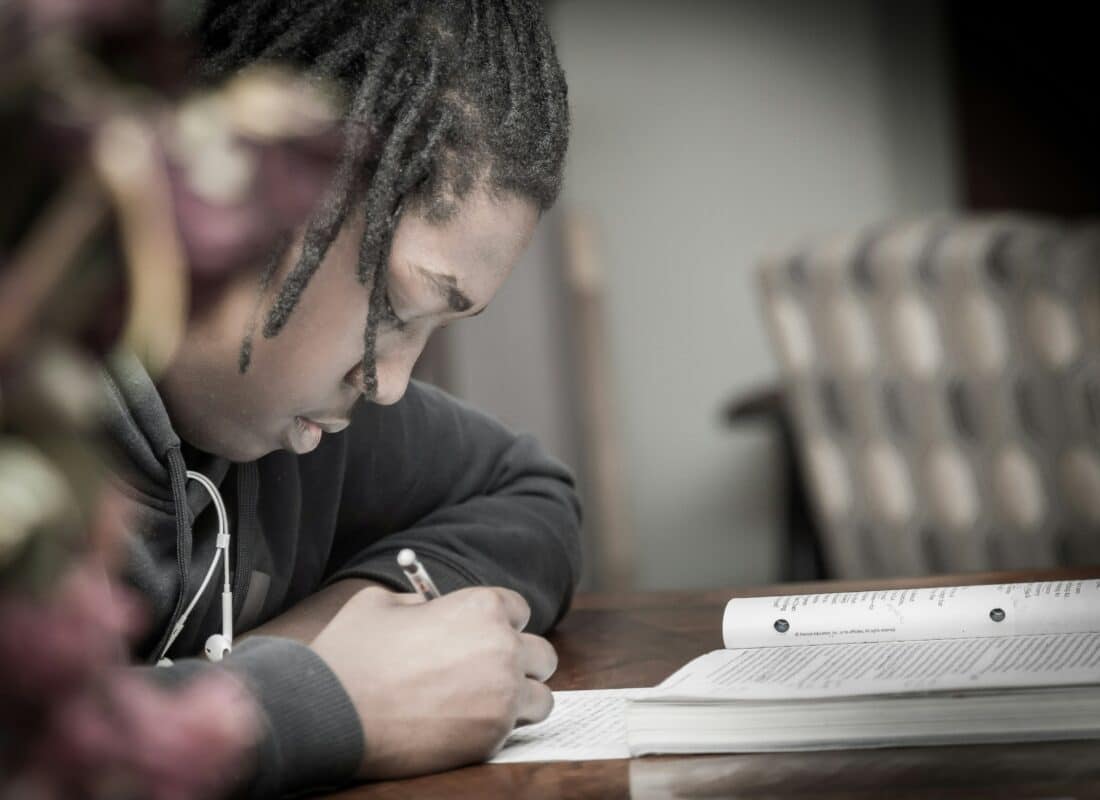
NEW Supporting children through exams
How parents can support older children’s and teens’ learning without piling on too much pressure. Includes setting up positive study routines, harnessing motivation, managing anxiety and maintaining wellbeing.
[9yrs+]

How to connect with your kids and be present when family time is limited
How time-poor parents can use small bits of time with children to make a big difference. Practical tips to help you be fully present during family time and create positive dynamics. Includes how to listen to boost relationship, connecting through playfulness and be present even when you can’t be with your children.
[1-16yrs]
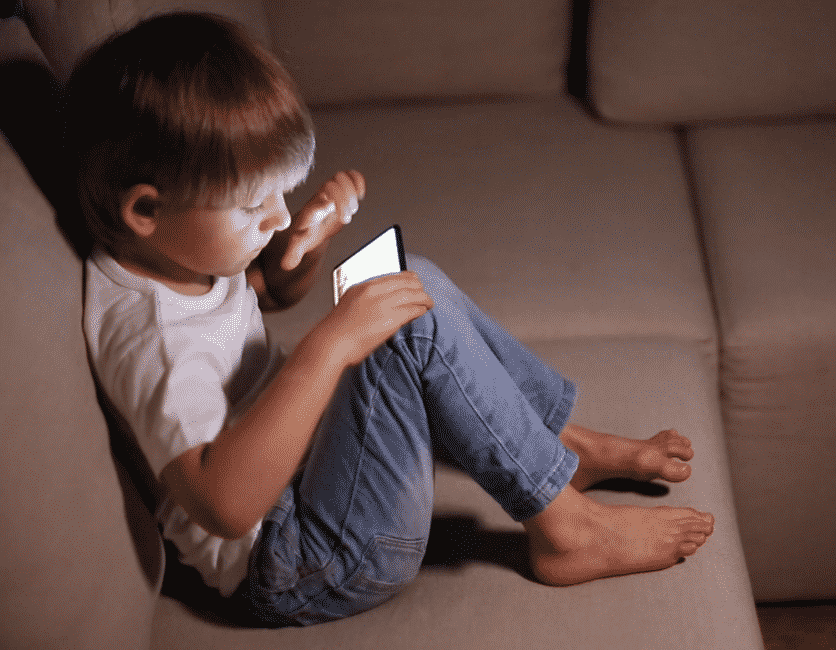
Ensuring a Balanced Childhood in a Digital Age
Putting appropriate limits around children’s screen time can be a real challenge for modern parents. How much tech time is too much tech time? This seminar explores the impacts of the digital world on child development and outlines positive strategies for managing children’s screen time to ensure a well-balanced childhood and create a digitally healthy family life.
[0-10yrs]

How to listen so children will talk
As a parent, being a good listener can help to build a positive relationship with your children. It also makes it more likely that children will come to you when there is something wrong. This session explores the key principles of listening really well to children and outlines exactly how to do it (and what gets in the way).
[2-11 years]

How to get your teenager to open up to you
There are lots of barriers to good communication when it comes to parents and teens. But teenagers are very vulnerable and (despite their protestations) need the guiding hand of parents. This session explores how parents can get over the barriers to communicating well with teens and be the safe listener they want to talk to.
[11-18 years]

Building children’s confidence & self-esteem
What are the important parenting must-do’s to help children feel good about themselves? How can we challenge children’s negative thinking and encourage them to think positively and believe in themselves? This seminar explores key parenting principles and strategies for building up children’s confidence and self-esteem.
[5-16 years]

Children & Anxiety: how parents can help
This session equips parents with the knowledge and skills to respond effectively to anxiety in their children/teens. Parents will learn strategies to prevent anxiety from escalating, as well as approaches for responding therapeutically when it occurs.
[1-18yrs]
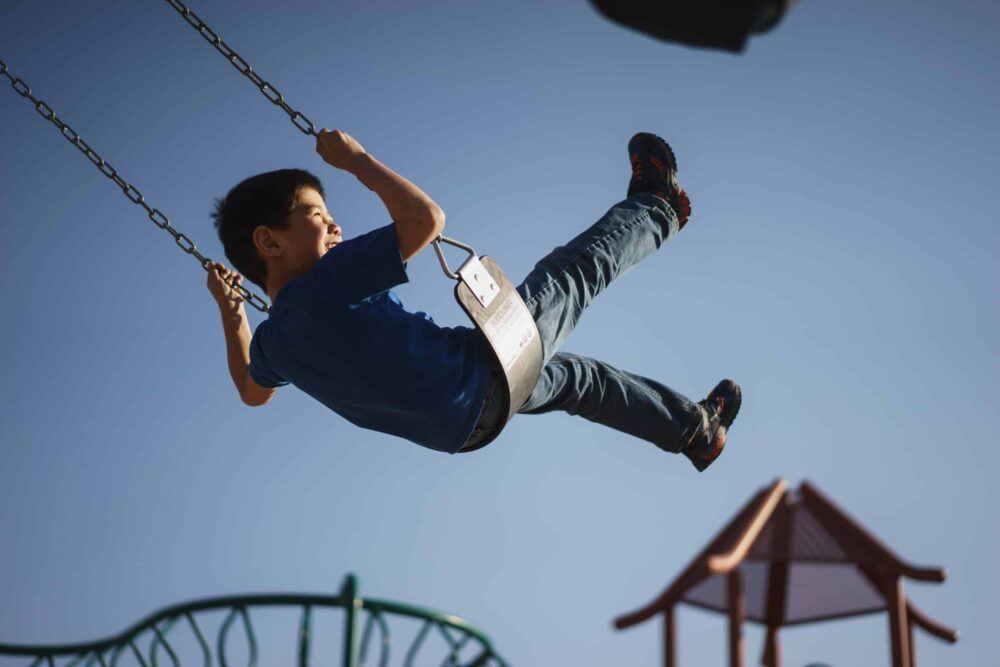
Balancing Risks vs. Independence
How do parents find the balance between allowing children to become independent and keeping them safe? How can we warn children about dangers without frightening them? How much freedom should they have at what age? This practical session will equip parents with key principles for balancing tricky decisions and a clear route map for introducing new freedoms safely.
[all ages]
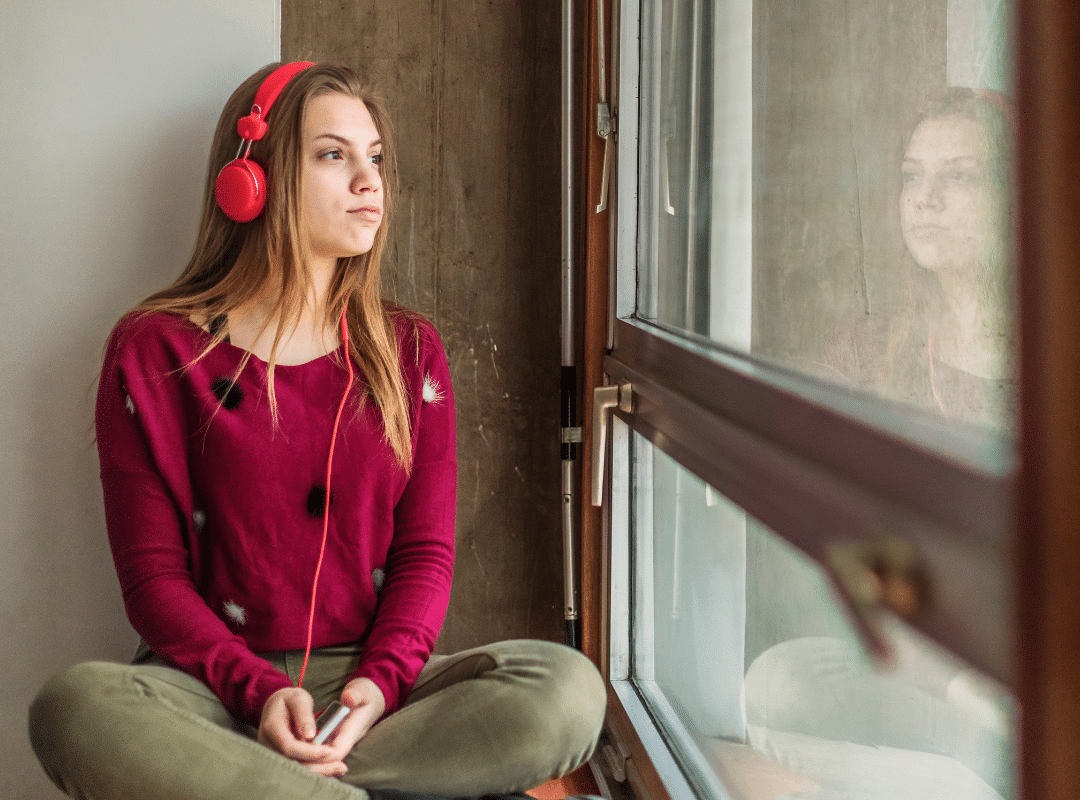
How to get your teenager out of their bedroom
Practical tips for everyday actions parents can take to shift teens towards a bit more balance. Includes strategies for tackling compulsive gaming, obsessive phone use and social withdrawal, plus a blueprint for how to collaborate with a reluctant teen to plan family activities and agree boundaries.
[11yrs+]

When worries get the better of us: managing parental anxiety
This session examines the common anxiety traps parents fall into. There will be concrete strategies to help parents manage anxious thoughts and feelings and change anxious behaviours. We will think about the impact of parents’ anxiety on children and how to be positive role models.
[1-18yrs]

Supporting teenagers’ self-esteem
Self-esteem often dips during the teenage years. Teens can worry acutely about fitting in. How can parents encourage them to believe in themselves? This seminar explores 5 key parenting principles for supporting teens’ self-esteem.
[11-19 years]

Supporting children’s mental health
All children need to know that it is possible to feel mentally unwell as well as physically unwell and what to do if that happens. Parents can support children’s mental health by talking about mental health, listening empathetically, using emotional first aid skills, teaching coping skills and knowing how and when to seek help.
[5-16yrs]

How to banish working parent guilt
Working parents often feel like we aren’t getting it right. This session aims to help parents understand where these guilt thoughts come from and the false beliefs that lie beneath them. It will help you understand what your children really need so you can focus your parenting energy on what’s most important and stop guilt getting in the way.
[1-16yrs]

It’s OK To Be Me
For children, finding out who they uniquely are and building their identity is a huge part of child development. Building positive self-esteem is hugely important for children’s long-term wellbeing. So how should parents respond when our children experience insecurities about ‘not fitting in’? How do we counter the ‘group think’ of social media and friends and reassure children that it is ok to be uniquely and authentically them?
[1-16yrs]
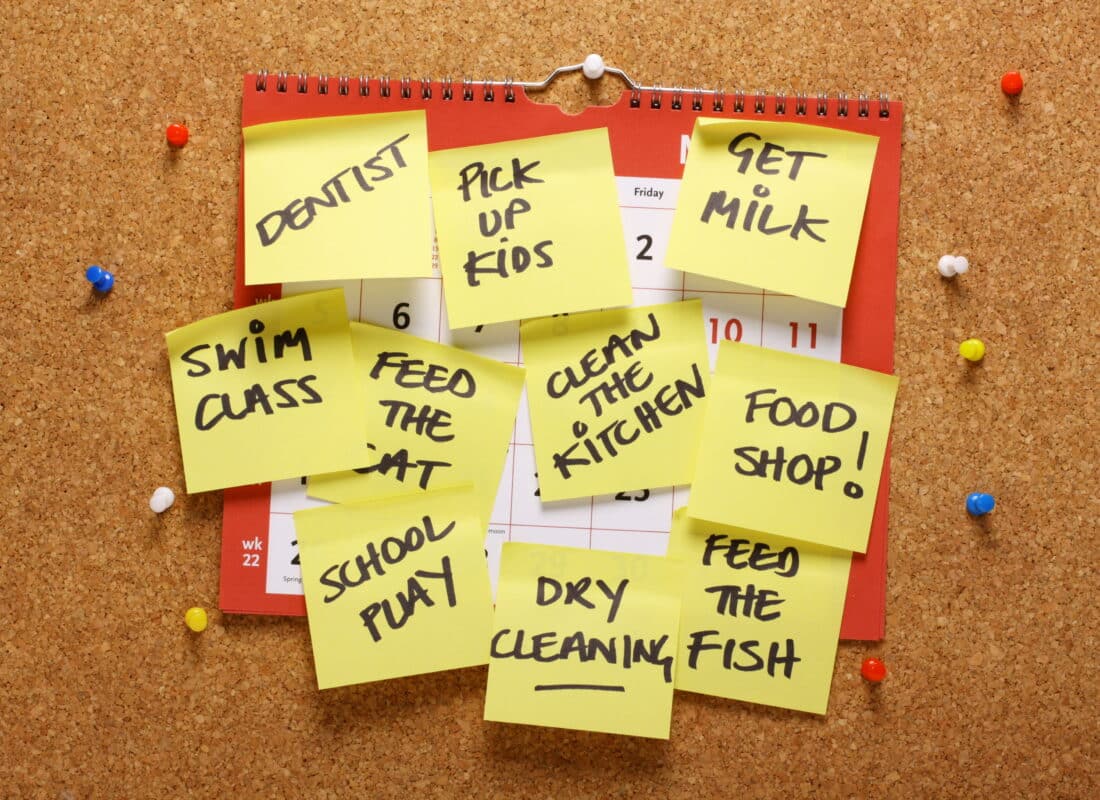
Are you doing too much for your kids?
Why over-parenting is bad for children (and parents), why we do it, how to recognise it, and what to do instead!
A discussion-based session on how modern parents can navigate the over-parenting trap and focus on what really matters.
[1-16yrs]
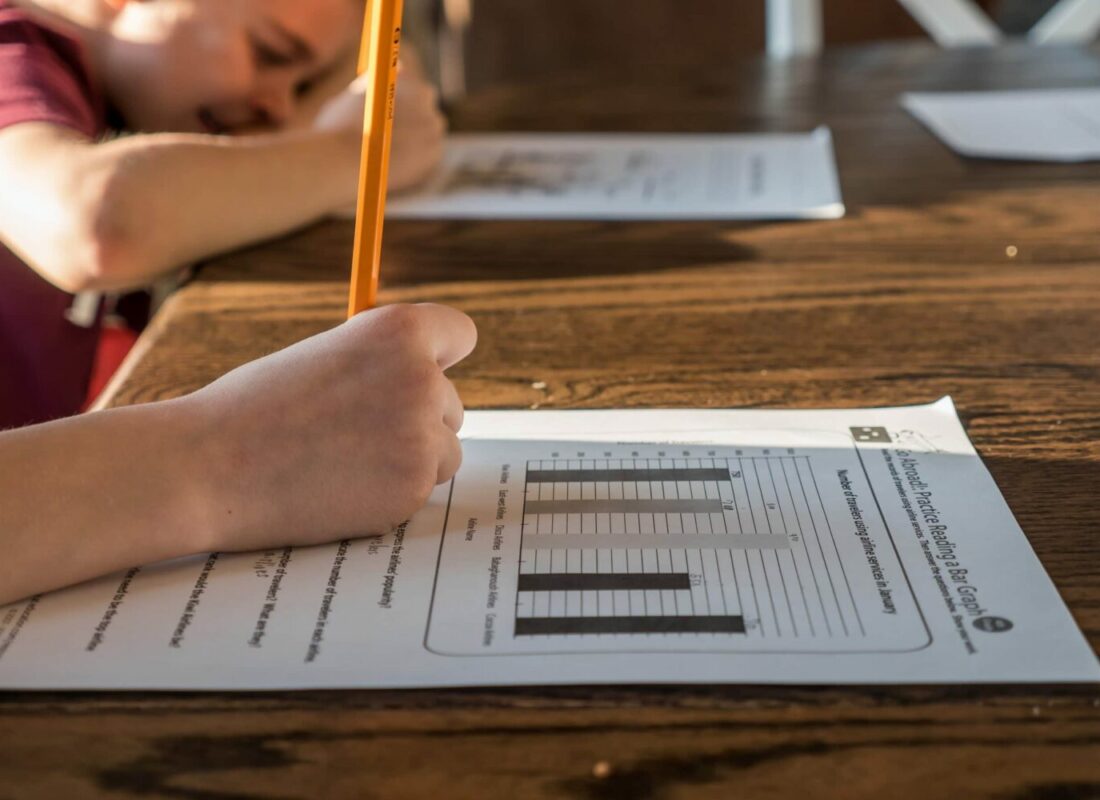
How to make homework a happy habit
Practical tools and advice for parents of school-aged children to maximise the benefits of homework and minimise the drama. This session explores the parental thinking traps that fuel homework fights, how to set up a regular, drama-free Study Time and how to motivate children to succeed.
[5-16yrs]
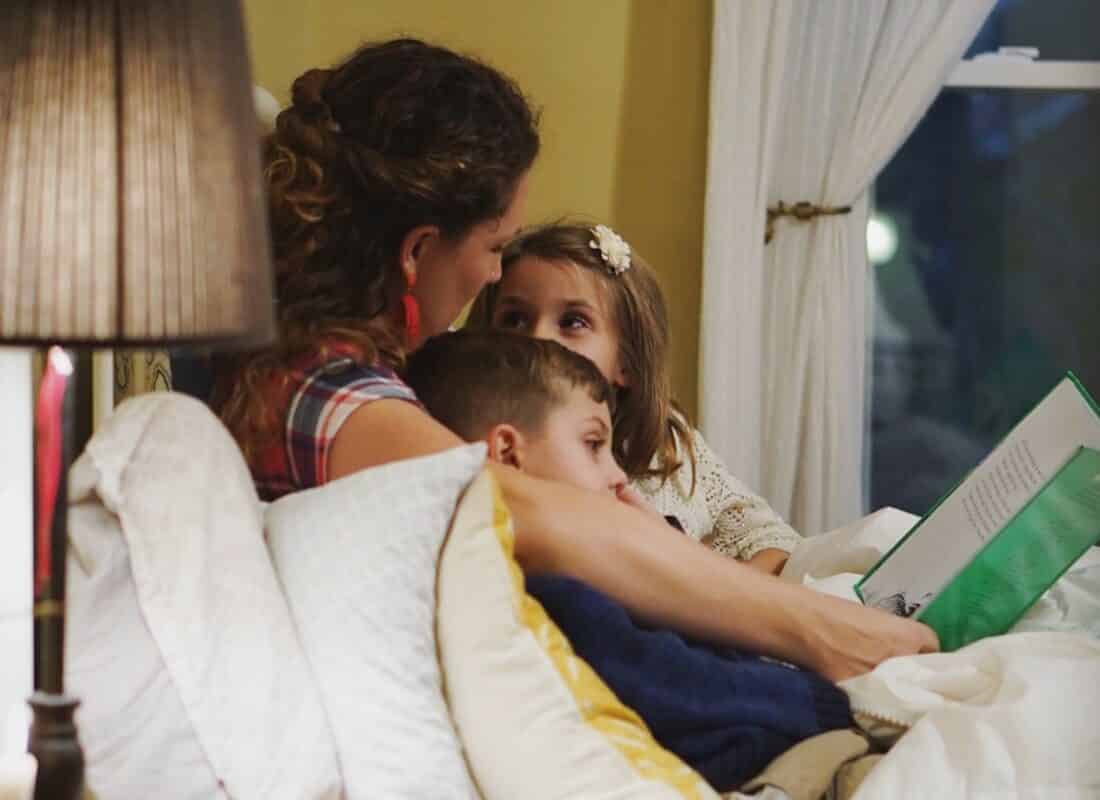
Being a resilient family during tough times
This session looks at the key factors that help to foster family resilience and boost family wellbeing. There are tips on communicating with children about difficult topics and balancing reassurance with honesty. Plus strategies for managing our own stress positively so we can parent calmly and effectively no matter what the circumstances.
[3-16yrs]
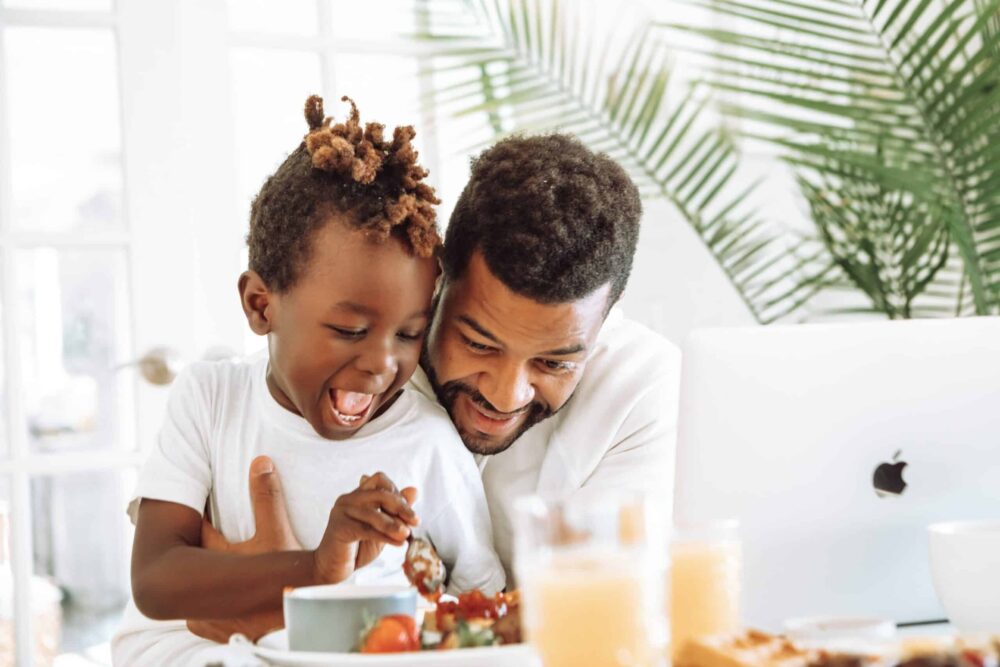
How to parent smarter not harder
This session aims to help working parents to parent smarter not harder – by understanding what children truly need from us and prioritising what’s most important. So we can do less but enjoy our children more and really be the parents our children need.
[1-11yrs]

Managing Sibling Conflict
What can parents do to prevent sibling conflict and how best to respond when it happens? This seminar explores the key reasons why sibling conflict occurs and looks at practical and effective measures to minimize bickering. Take a sneak peek at this seminar here.
[2-12 years]

Stress-free Morning Routines
Getting children ready and out of the house on time can be a working parent’s nightmare. Avoid morning battles with some clear and simple measures that will get everyone’s day off to a better start.
[1-10 years]

Raising Resilient Children
Strategies to help children manage their emotions and deal with life’s ups and downs without tears and tantrums. Encouraging a positive outlook and dealing with stressful events.
[1-10 years]

Empty Nest: when the kids leave home
Parents experience a wide range of emotions when children leave home. It can be a real challenge to redefine who we are and what we want when no longer synced to our children’s lives. And with young adults often bouncing in and out of the parental home (or not moving out at all), drawing boundaries isn’t always simple. This thoughtful session explores the emotional and practical territory for parents of young adults.
[16yrs+]
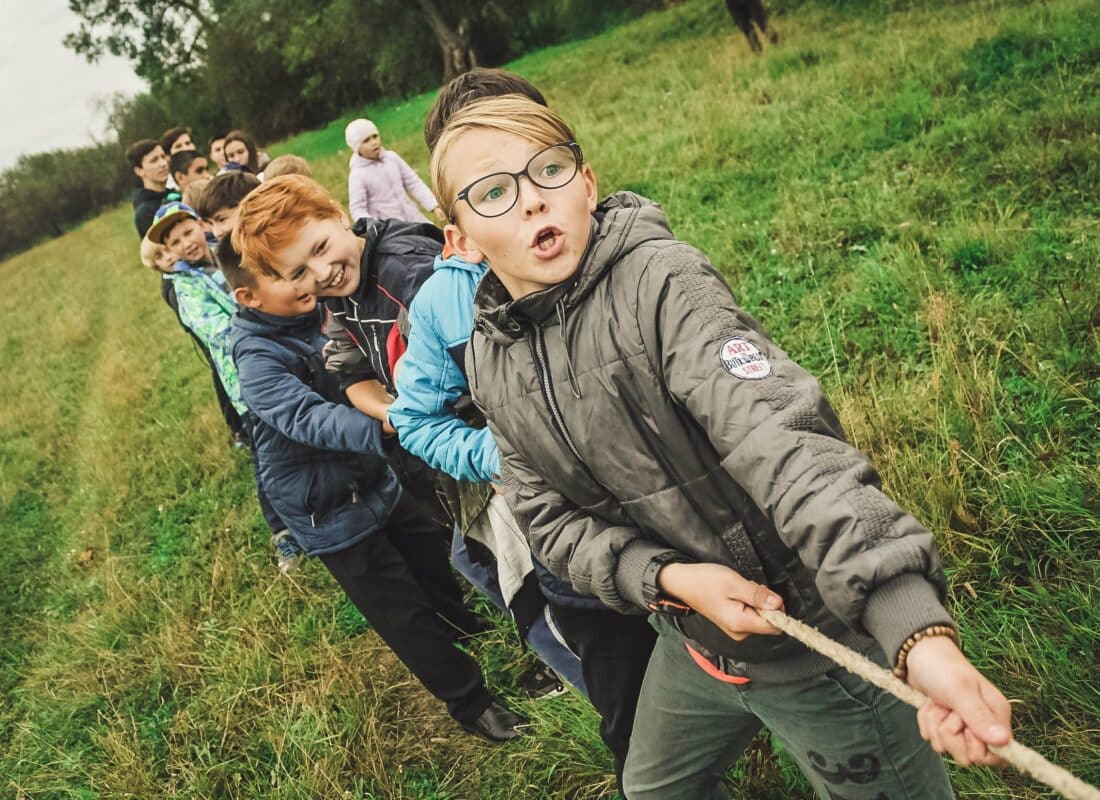
Creating a successful blended family
Tips for parents to help you support your children through transition to a new family unit, building positive relationships and managing the emotional hotspots and triggers within blended families.
[all ages]
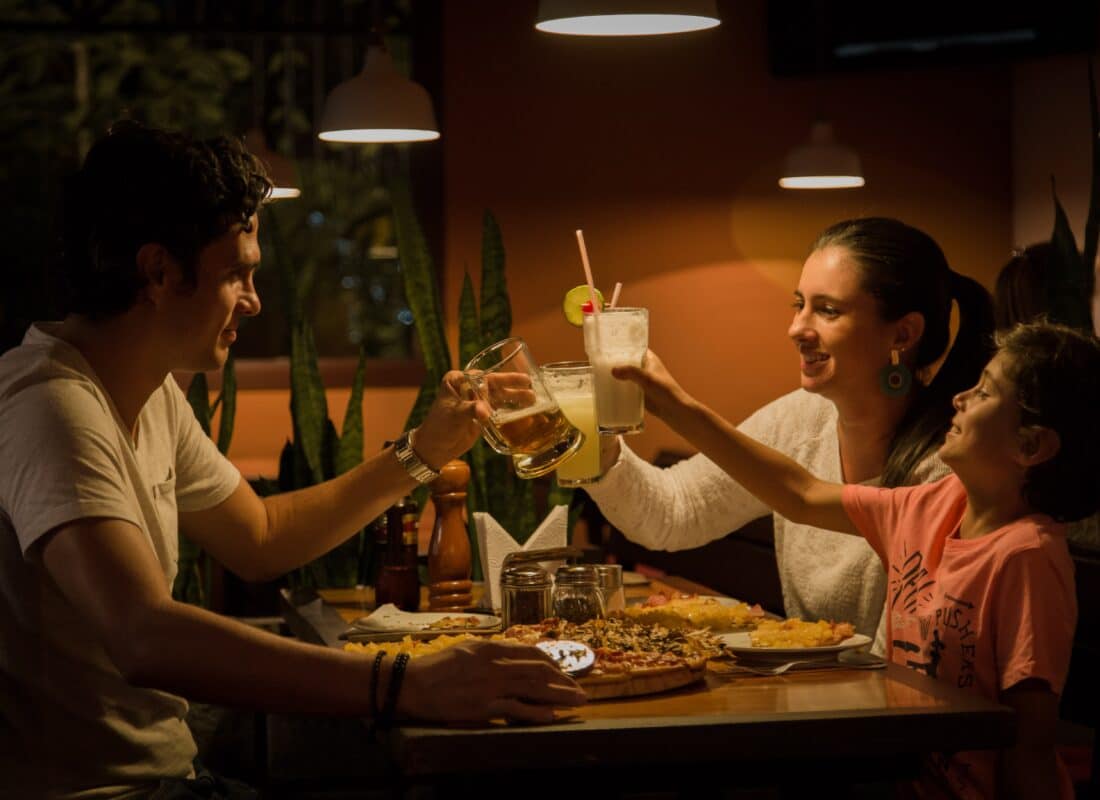
How to enjoy family evenings with less stress
It isn’t easy parenting at the end of a long working day, especially when children are tired and the evening routine takes forever. This seminar is full of practical can-do tips to help working parents make family evenings with children less stressful and more enjoyable.
[2-10 years]

Family team-building with tweens and teens
At their best, families have a unique team spirit which creates a sense of unity and belonging. But families can also feel like everyone is pulling different directions, once person is doing all the running and there is nothing but arguing! Practical tips on how parents can build a good family team spirit with older children and teenagers.
[9yrs+]

A positive parenting approach to Christmas
Christmas can be a challenging time for families. Expectations are high but conditions are primed for conflict and misbehaviour. How can parents use positive parenting strategies to pass on family values, set expectations and manage boundaries without ruining the Christmas spirit?
[1-16 years]
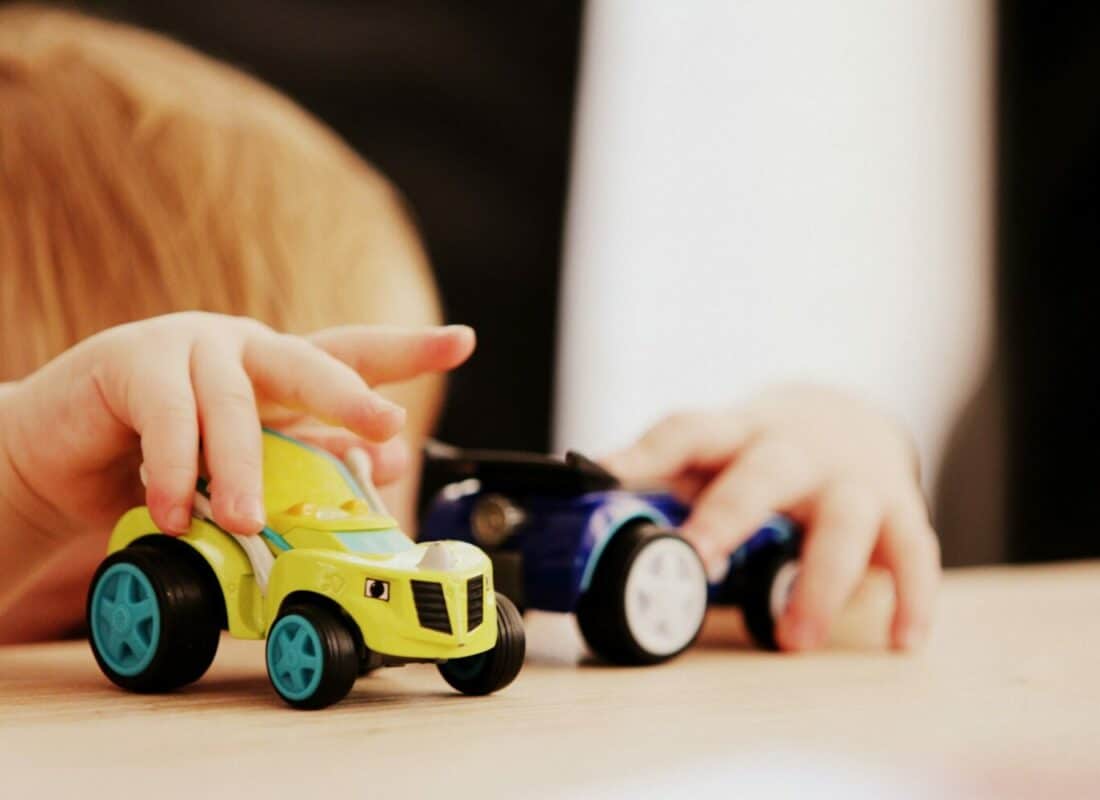
101 ideas for supporting your child’s development
Fun practical ideas for maximising your child’s potential through play. Understand your child’s development needs at different ages and tool yourself up with fun activities to brighten up bored moments and boost your child’s development.
[0-10 years]

Talking to children about sex & relationships
Which words? How much detail? How to protect children and equip them to make good choices? Tried-and-tested strategies for talking to children of all ages about bodies, puberty, families, relationships, sex and pregnancy.
[all ages]

Helping children cope with change
Change can be very stressful for children. Children thrive on predictability and routine and can feel insecure amid disruption. Helping children cope with change and uncertainty in a positive way can equip children and teens to manage whatever life throws at them – and ride over its ups, downs, and sudden jolts.
[all ages]
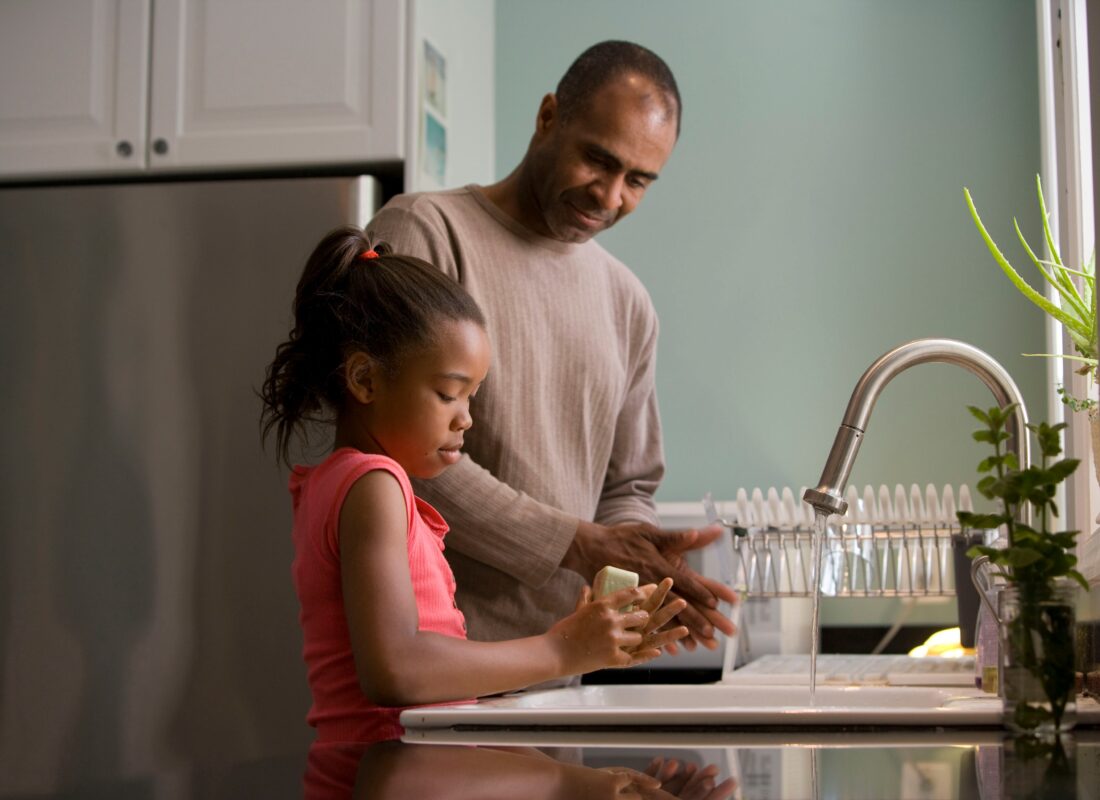
Encouraging Co-operation
How to get children to do what they’re asked, when they’re asked! Positive parenting strategies for encouraging co-operation and managing non-co-operation without shouting or threats. How to give instructions that will be followed and how to follow through if they aren’t. Practical solutions to real-life parenting problems.
[2-10 years]
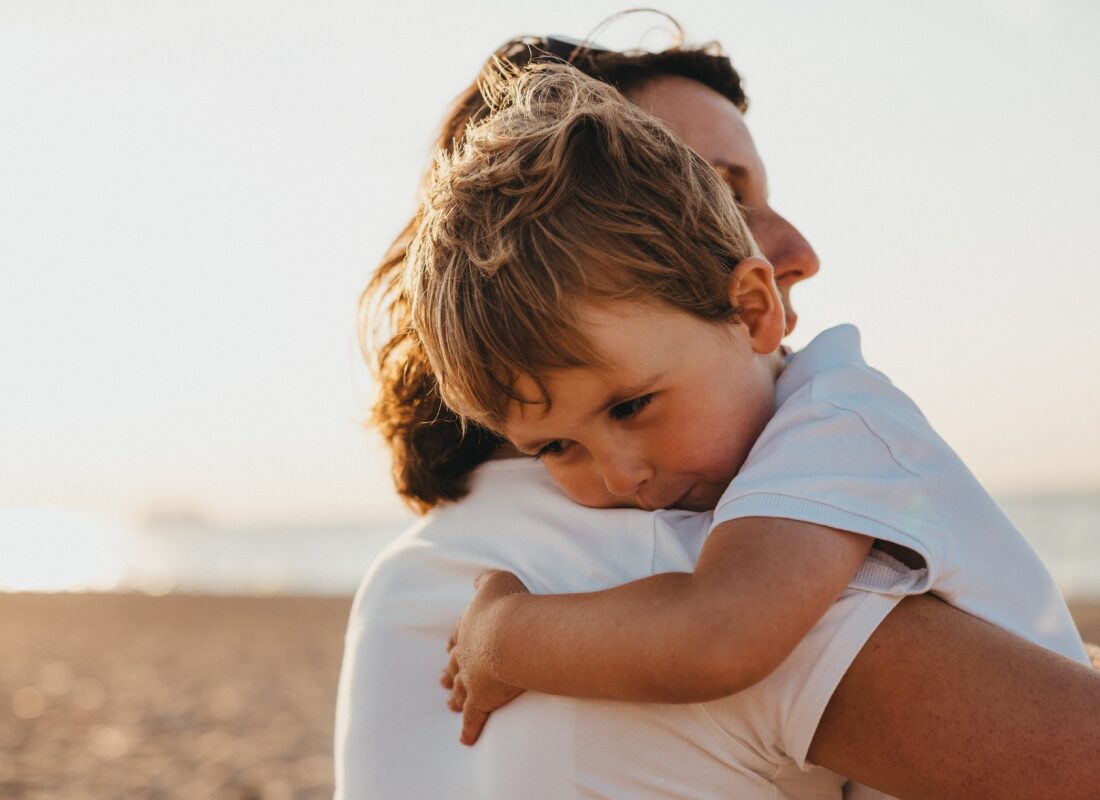
Talking to children about tragic events
Whether it’s family tragedy or international terrorism, we can’t always protect children from distressing news. How can parents talk to children about tragic events in an age-appropriate way without frightening them? How can we help them develop the resilience and coping skills to bounce back quickly from difficult thoughts and feelings?
[3-16yrs]

Chalk & Cheese Parenting (overcoming different parenting styles)
Practical tips on finding common ground and agreeing a joint approach when you have different parenting styles. How to use conflict-reductions strategies such as family meetings, behaviour contracts and house rules. Plus, talking without blaming, staying solution-focused and building a good co-parenting relationship.
[all ages]

Preparing teenagers for leaving home
Whether they are heading off to university or just getting ready for the adult world, parents have a key role in helping older teenagers have the skills, confidence and resilience to become independent young adults. Practical ideas on how to help teenagers be ready to take their place in the adult world.
[15-19 years]
